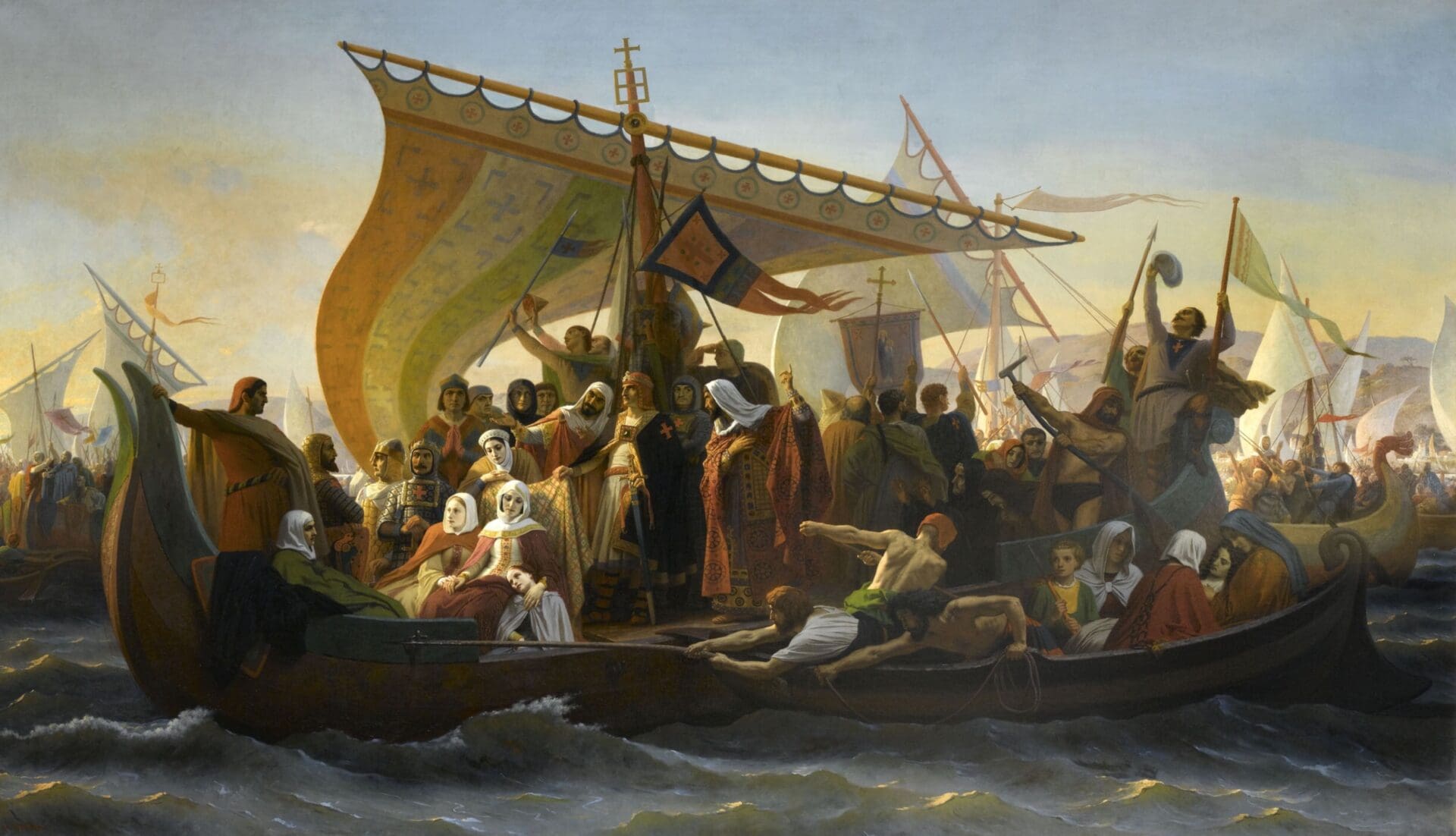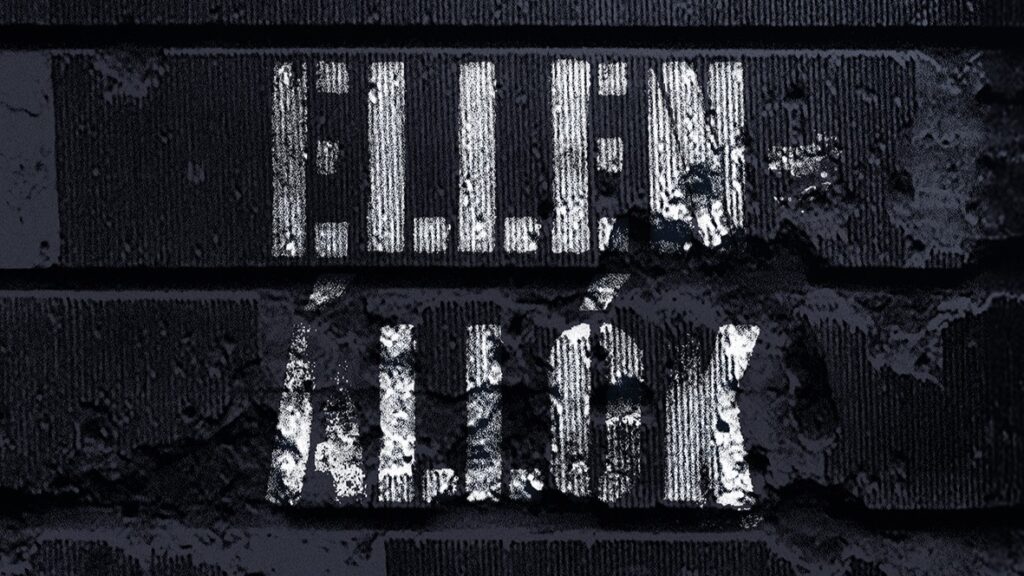On 7 October, the Catholic Church celebrated the Feast of the Holy Rosary. Originally called Our Lady of Victory, it was instituted by Pope St Pius V who attributed Christian victory over the Ottoman Turks at the Battle of Lepanto in 1571 to the intercession of the Blessed Mother.
Just over a week ago I had a conversation with a non-practising Muslim who criticised the crusades carried out by the Catholic Church in the Middle Ages, arguing that they were both unprovoked and immoral. She sustained, without any convincing evidence, that they were launched by the popes against innocent Muslims for the sole purpose of imposing papal hegemony. There is quite a bit of misunderstanding, especially from revisionist historians and people who willingly choose not to inform themselves, as to the reality of the crusades and how close the then-civilised world was almost conquered by Muslims.
Islamic scholars and activists who insist that Islam is a religion of peace go so far as to compare the crusades to, if not equate with, the jihad carried out by ISIS, al-Qaeda, the Taliban, and other Islamic terrorist groups.
There is, however, a clear and substantial difference between the crusades and jihad. Jihad is based upon an Islamic political doctrine justifying looting, killing, and conquest of non-Muslims with the aim of imposing the sharia as the rule of law.
The Concept of Jihad
Jihad is not a matter that concerns the individual Muslim who is wholly detached from violence, inasmuch as the Quran exhorts him to engage in or initiate a holy war against non-Muslims.
The Quran contains at least 109 verses that speak of war with nonbelievers—some are quite graphic, with commands to decapitate infidels. Muslims who do not join the fight are called ‘hypocrites’ and warned that Allah will send them to Hell if they do not join the slaughter. Just to quote a few examples:
‘Fighting is prescribed for you, and ye dislike it. But it is possible that ye dislike a thing which is good for you, and that ye love a thing which is bad for you. But Allah knows, and ye know not.’ —Sura 2, 216
‘As to those who reject faith, I will punish them with terrible agony in this world and in the Hereafter, nor will they have anyone to help.’ —Sura 3, 56
‘So when the sacred months have passed away, then slay the idolaters wherever you find them, and take them captive and besiege them and lie in wait for them in every ambush, then if they repent and keep up prayer and pay the poor-rate, leave their way free to them.’ —Sura 9, 5
The concept of jihad, as explained in the Encyclopaedia of Islam (1960-1986), stems from the fundamental principle of Islam’s universality:
‘[T]his religion, along with the temporal power which it implies, ought to embrace the whole universe, if necessary, by force.’
The Muslim’s religious and universal mission, therefore, as explained by Ibn Khaldun, is ‘the obligation [to convert] everybody to Islam either by persuasion or by force.’ According to the jurist Muhammad al-Ghazali (1058–1111), considered by some historians the single most influential Muslim after Muhammad:
‘Everyone must go on jihad at least once a year…one may use a catapult against them [non-Muslims] when they are in a fortress, even if among them are women and children. One may set fire to them and/or drown them.…If a person of the Ahl al-Kitab [People of the Book: Jews and Christians] is enslaved, his marriage is [automatically] revoked, and his wife becomes the rightful property of a Muslim. One may cut down their trees.… One must destroy their useless books. Jihadis may take as booty whatever they decide…the Jihadis may steal as much food as they need.’
What Were the Crusades About?
The crusades were a collective response to the ongoing conquest that began with the taking of the Holy Land (Jerusalem) and other Christian territories by Muslims under the Caliph Umar in 638. Arab Muslims went so far as to raid Rome in 846. They plundered the outskirts of the city, sacking the Basilicas of (the old) St Peter and St Paul Outside the Walls.
Even if some of them were unjust, such as the sack of Constantinople of 1215 (which was condemned by Pope Innocent III, not to mention that he also excommunicated the Venetians who carried out the raid), crusades were not doctrinal in the literal sense, as jihad is to Islam. Also, contrary to popular opinion, when Pope John Paul II made an apology on 12 March 2000 for the sins and crimes committed by those who represented the church in its history, he never offered one to the Muslims for the Crusades.
The First Crusade, which was called by Pope Urban II in 1095 (457 years after Jerusalem was overrun by Muslim armies), came at the behest of the Byzantine Emperor Alexius I Comnenus. He had asked the Pope for assistance to repel the Muslim Turks, who were invading what is now Turkey; they took property as they went, turned churches into mosques, and forced Christians to convert to Islam. Approximately two-thirds of the ancient Christian world had been already conquered by Muslims by the end of the 11th century, including the important regions of Palestine, Syria, Egypt, and Anatolia. It was also at that time that the Church of the Holy Sepulchre, the place traditionally believed to be where Jesus Christ was buried, was destroyed by the Caliph al-Hakim in about 1009—only to be rebuilt by the Byzantine Emperor Constantine Monomachus in 1042.
The goal of the crusades, as already mentioned, was to retake the Holy Land, and ensure that Christianity could continue to be practiced without any type of Islamic imposition. Attempting to check the Muslim advance, crusaders initially enjoyed success, founding a Christian state in Palestine and Syria, but the continued growth of Islamic states ultimately reversed those gains. By the 14th century the Ottoman Turks had established themselves in the Balkans and would penetrate deeper into Europe despite repeated efforts to repulse them. By the mid 1550s, they had slowly conceived of a long-term offensive, a pincers movement first by sea and then by land, to conquer the whole northern shore of the Mediterranean. Their ultimate aim was to take all Italy, then all Europe. It was not until the victory at the aforementioned Battle of Lepanto that, under the coalition of Pius V, the Islamic onslaught began to be turned back as Western civilisation was saved. The crusades were formally over by the 16th century, although the spirit of defending Christendom against Islamic jihad was still in place.
The crusaders, for their part, kept their military operations within lands that were Christian, for their goal was never to overthrow the Turkish Empire, which is why they never attacked Saudi Arabia, specifically Mecca, unlike what the Muslims had done to Constantinople in 1453. That being said, in order to appreciate the necessity of the crusades, one has to understand the true nature of the 1,400-year-old Islamic threat to subjugate humanity.







